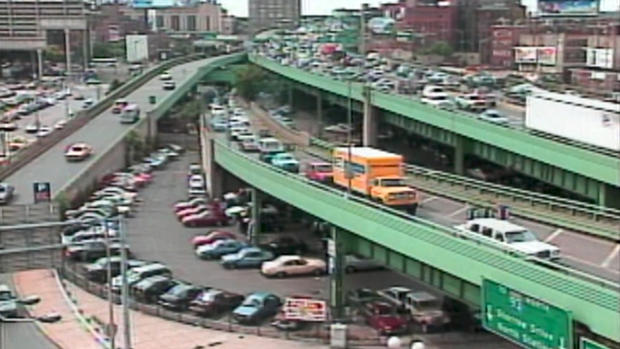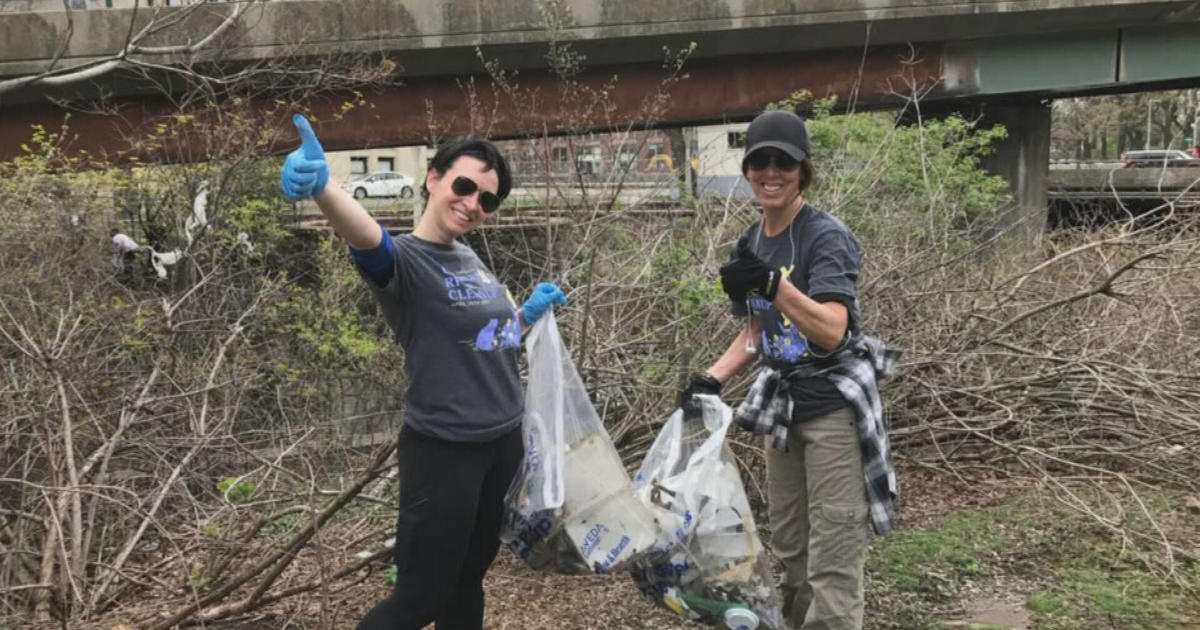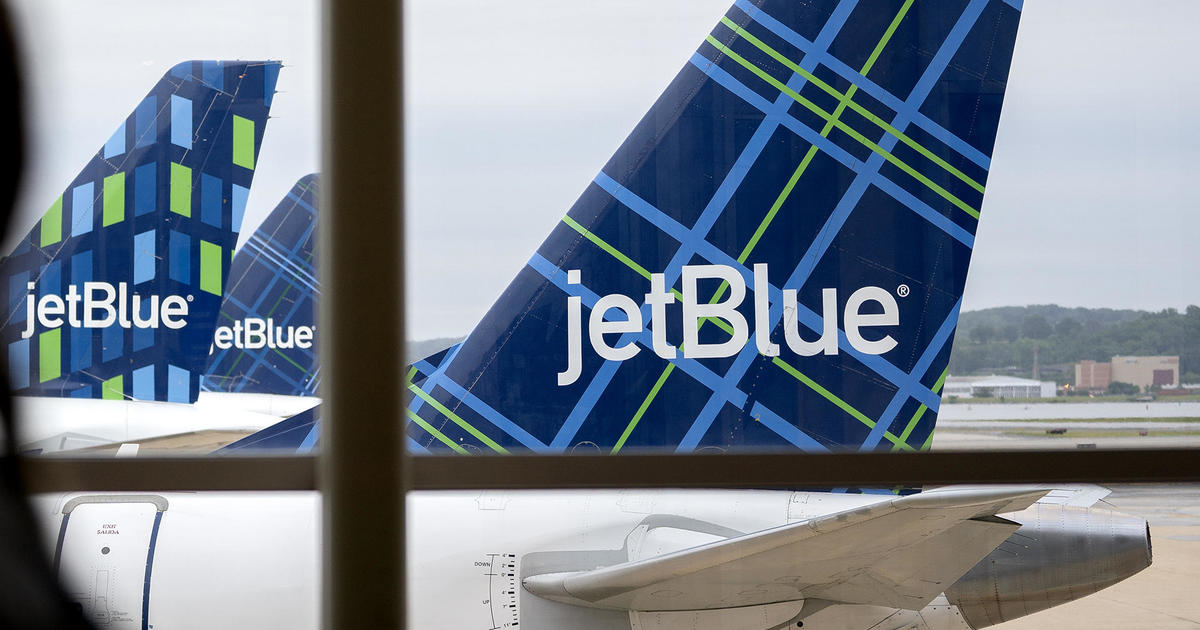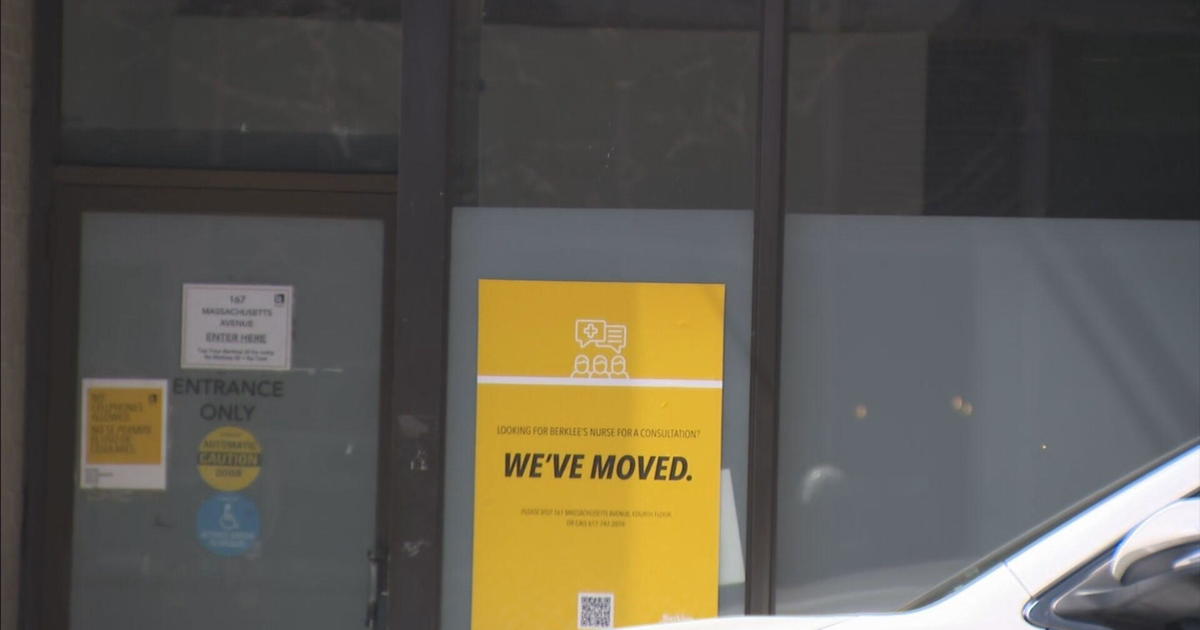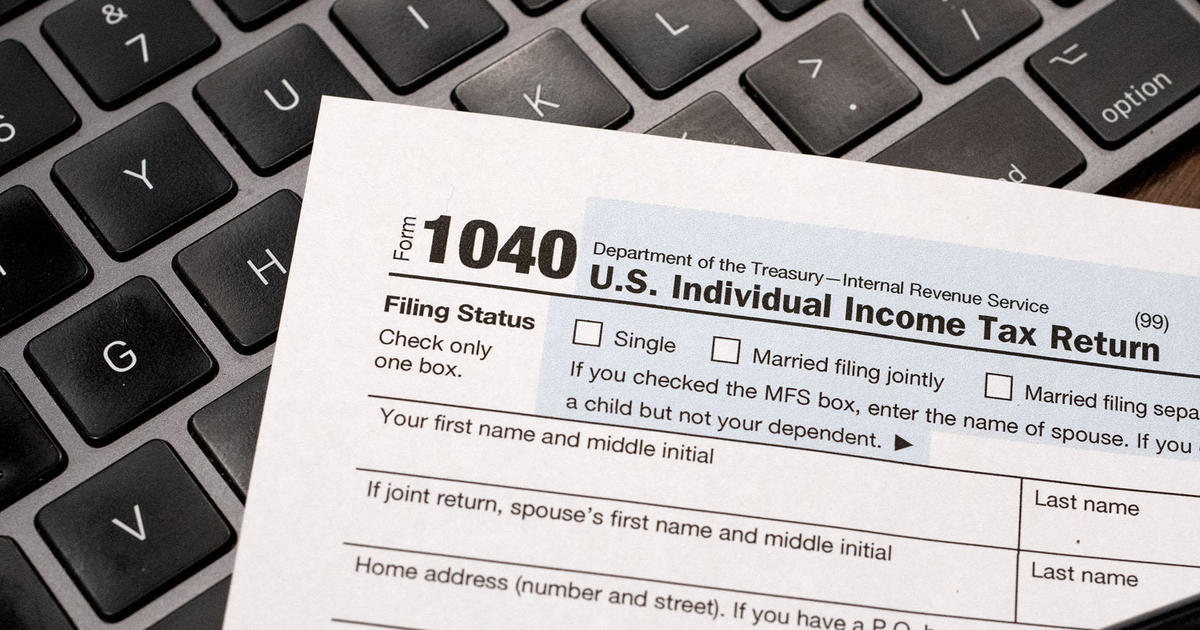The Dramatic Transformation Of Transportation In Boston
BOSTON (CBS) -- Boston traffic. It's the worst. Well, actually it's the 14th worst, just ahead of Istanbul. And it will come as no surprise to drivers who take the Southeast Expressway that this route ranks as the 10th most congested highway in the country! Throw in a crumbling public transportation system and longer commute times and it all adds up to a major problem in Massachusetts. So, how did we get here? Well, the truth is, it's always been kind of a disaster.
WBZ Archives: Bad Boston Drivers (From 1983)
Before World War II, the train was a common means of commuting to work. However, 1950's urban planning turned to the automobile and focused on federally funded highways to better connect the suburbs to the city.
As detailed in a 1954 WBZ documentary, Boston has never shied away from massive engineering projects to try and cut down on drive times. The old footage shows crews beginning construction on what would become the Central Artery. The project was the definitive 1950's highway behemoth, slicing through Boston, separating the North End from the rest of the city.
Side-By-Side: An Aerial View Of Boston's Roads, Then & Now
At the same time crews were building the brand new Southeast Expressway. The Expressway was supposed to connect with a third massive highway called the Inner Belt.
"The T is falling apart, but we're going to spend all this money ripping through neighborhoods, if you can believe it," explained former Massachusetts Gov. Michael Dukakis. As a state representative at the time, and a fervent public transportation supporter, he helped kill the idea for the Inner Belt that would have cut straight through Roxbury, Cambridge, and Somerville, taking down homes and displacing families.
The Expressway and Central Artery became invaluable for commuters. And then: "This Central Artery is swiftly becoming gridlocked and threatens to strangle both Boston and the region," explained former WBZ anchor Jack Williams during a 1989 WBZ special. Traffic was so slow along the Central Artery Jack and his WBZ crew were able to film while riding right on the highway.
The solution was what was always done -- build an even bigger highway project to replace the previous big project and hope for the best. So, not even 30 years after the Central Artery (AKA the other Green Monster, AKA The Distressway) went up, officials decided to bury it underground.
"If you don't do something about this thing we'll have traffic backed up to Neponset for hours and hours every day." That was then-Gov. Dukakis in 1983 at a press conference talking about the new Central Artery Project. Flash forward to 2018 and Gov. Dukakis admits he had his doubts about the plan, "I confess I was very skeptical." The governor still pushed for what would become the most expensive public works project in the country -- The Big Dig.
Fifteen years and $15 billion later the new tunnels opened and the city had some beautiful new upgrades with the Zakim Bridge and the Rose Kennedy Greenway that reconnected the city.
Web Extra: The Rose Kennedy Greenway
But the Big Dig never delivered on a crucial piece of the transportation puzzle according to Gov. Dukakis, "I mean if you're going to rip up the whole city you might as well connect the two stations after 100 years of people talking about it." When the Big Dig was first proposed, it included a plan to build a new MBTA Line linking North and South stations. It's a plan that got scrapped. Once again, the focus on transportation meant a focus on cars.
Meet Joe The T Operator
Today, a record number of people take the T. There are more than one million rides every day on the nation's oldest subway. Still the problems with the MBTA over the years have been well-documented: aging cars (there are now plans underway to upgrade cars on the Red, Orange and Green lines), mismanaged funds, and unbearable delays. So, will more investment in the T encourage commuters to leave their cars at home? "You give them excellent public transportation which is on-time, frequent, clean, safe -- believe me they'll ride," said Gov. Dukakis.
We want to hear how transportation issues are impacting you. Tell us your story by emailing newstips@wbztv.com.
